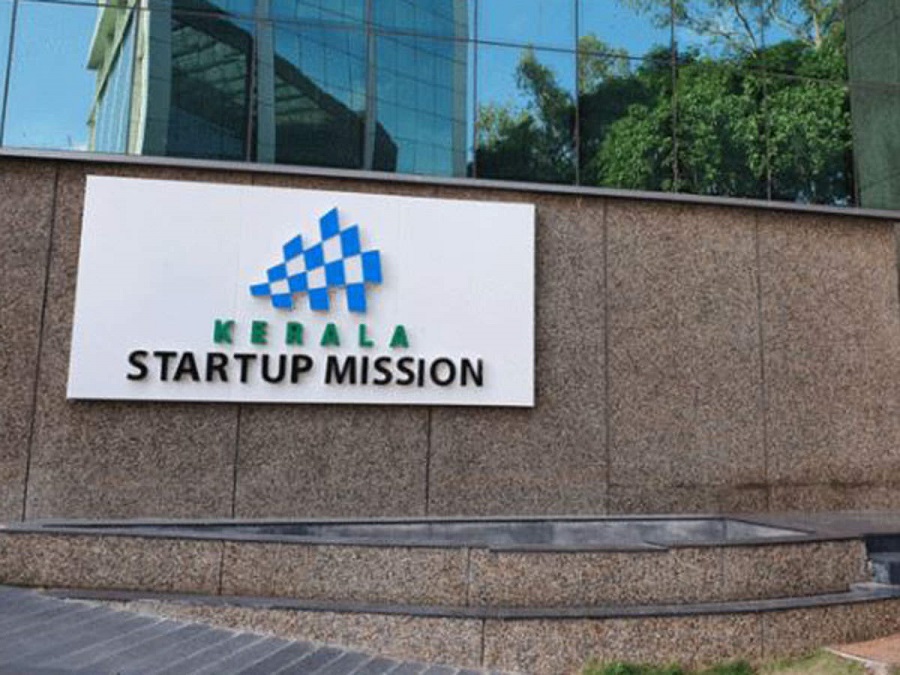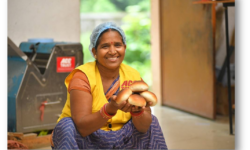THIRUVANANTHAPURAM:
In its effort to provide Assistive Technology to people with motor disabilities, International Centre for Free and Open Source Software (ICFOSS), an organisation under Dept of IT, Govt. of Kerala, will collaborate with AsTeRICS Academy in Austria.
AsTeRICS Academy will support ICFOSS for developing its capabilities in a range of assistive tools to support individuals with motor disorders for using computers and other electronic equipment. Availability of free software and free design of hardware makes costly technologies affordable to local community.
An Austrian group consisting of two technologists from the University of Applied Sciences Technikum Wien is currently in Thiruvananthapuram in connection with SWATANTRA 2017, the two-day Triennial free software conference being organised by ICFOSS on December 20-21. The team will lead a workshop from tomorrow (Monday, Dec 18) at ICFOSS in Technopark for the assembling and production of various products they have developed, including award-winning Flip Mouse.
“This will be a milestone in Kerala’s efforts in using Assistive Technology for the welfare of the masses, especially marginalised sections of the society, said M. Shivasankar, Secretary, Electronics and Information Technology, Govt. of Kerala. “ICFOSS is poised to take a lead in this regard and it has already established a research facility jointly with College of Engineering Trivandrum,” he added.
One of such technologies is FlipMouse that acts as an alternative input device for challenged people who prefer or need other input variants than a standard computer mouse or keyboard. Using a FlipMouse, keyboard and mouse activities can be created via slightest finger or mouth interaction. This enables precise control of computer mouse or keyboard actions. Click activities can be created via sip and puff activities, or by attaching external switches to the FlipMouse device. This can be used to control wheelchairs, play games on computers and other activities.
FlipMouse was among the 20 Hackaday price finalists at the international competition of DIY-open source projects in November 2016, which yielded an enormous impact with thousands of entries, many of them having great quality and creativity.
“These technologies and products will be offered to ICFOSS as a Do-It-Yourself construction kit, not as an assembled and tested product, said Dr Jayashankar Prasad, Director, ICFOSS. “This will help us in the production of the equipment at very low cost,” he added. ICFOSS would work with AsTeRICS Academy to develop the technology further. The dissemination of technology in India is also a priority, he said.
Other open source projects include Open Source framework AsTeRICS (Assistive Technology Rapid Integration & Construction Set) with which one can graphically arrange end-user-ready assistive solutions, tailored to individual capabilities and needs.
AsTeRICS Ergo allows installation of an environmental control system easily and without technical background knowledge. Currently it is possible to control power sockets and all devices with an infrared remote control.
The Flexible Assistive Button Interface (FABI) is a microcontroller-based switch interface where up to nine momentary switches can be attached. It works on any computer with USB HID support. With the provided FabiGUI software application, the function of each switch can be defined, so that pressing the switch will create mouse movement, mouse clicks, keyboard key presses or text input.
An accessible step sequencer “FreakyTricky” and the accessible synthesizer “Choridon” provide comprehensive musical features for the creation of rhythms and harmonic chords with different instruments. These music interfaces can be controlled via EyeTracking or other special input methods.
The Austrian group in Thiruvananthapuram is an interdisciplinary group with backgrounds in computer science, healthcare and rehabilitation engineering and internationalisation. They are Benjamin Aigner, Department of Embedded Systems; Veronika David, Department of Biomedical, Health & Sports Engineering; Martin Deinhofer, Department of Embedded Systems; Angelina Kratschanova, Summer School Organisation; and Christoph Veigl, Project leader, Department of Embedded Systems.



